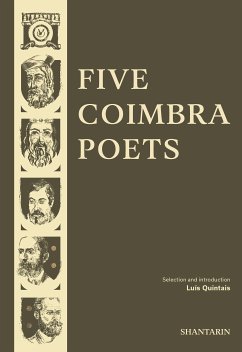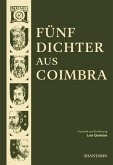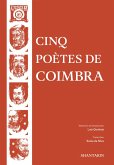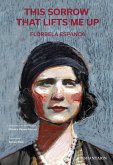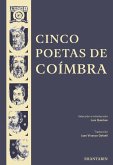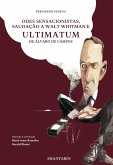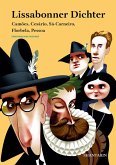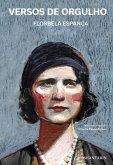Five Coimbra Poets takes historical contingency-the accident-as a pretext that would seem to unify profoundly different poetical voices from diverse centuries. Its chronological range is ample, starting in late medieval Portugal with Dom Dinis and ending with Fernando Assis Pacheco in the last half of the 20th century. To this historical contingency a contingency of choices is added-an accident of choices. A dual opportunity, a dual purpose: firstly, to bring together certain poets who were either born or lived in Coimbra and who were touched in a way-more or less asymmetrically, more or less explicitly-by the city, by the surrounding countryside and the region; secondly, to offer up poets and poems, some more canonical than others, whose occasion here reflects a personal and subjective choice that is tailored towards both initiation and concision. Dom Dinis and Sá de Miranda are joined by the two 19th century poets who most marked the memory of literature which the city keeps alive and which the poems themselves keep alive of the city. Both Antero de Quental and Camilo Pessanha are, in this sense, crucial. The lyrical intensity of landscape and cityscape is alive as well in Fernando Assis Pacheco, who perhaps wrote the most penetrating and moving poems about Coimbra and its worlds, which were those of his childhood, adolescence and early manhood.
Dieser Download kann aus rechtlichen Gründen nur mit Rechnungsadresse in A, B, BG, CY, CZ, D, DK, EW, E, FIN, F, GR, H, IRL, I, LT, L, LR, M, NL, PL, P, R, S, SLO, SK ausgeliefert werden.

